Should I lock my money up or borrow to buy my next property?
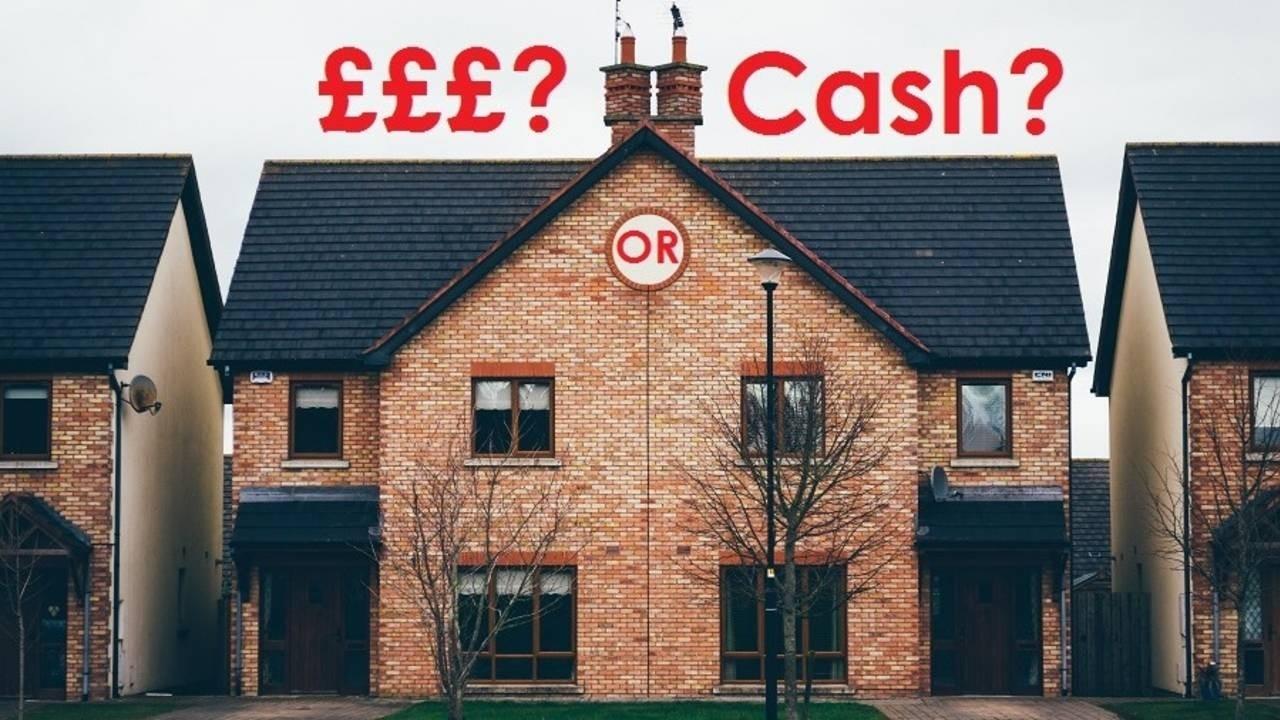
THE QUESTION
I have seen a great property I want to buy but I cannot decide if I should buy it for cash then refinance it once it is refurbed, or borrow to purchase it. I have the cash to buy outright, but I am worried that, by tying up all my cash in a property I will not be able to buy another property during the period I am waiting to remortgage it, if I found a really good one.
THE ANSWER
If you can fund a deal with cash, you should; that way you have zero borrowing costs.
Investors are often reluctant to do this on the basis that tying up their cash in one deal takes them out of the game if and when other juicy deals come along whilst they are waiting to remortgage to release their cash.
This is impaired thinking. I teach that, whilst you are in that limbo period, you can buy your next deal without any hard cash at all -- by intelligently using bridging finance, like this
- A bridger will lend 70% on the next property (let's call it B) you want to buy
- They will also lend up ...
No proof of income - how do I buy more properties?
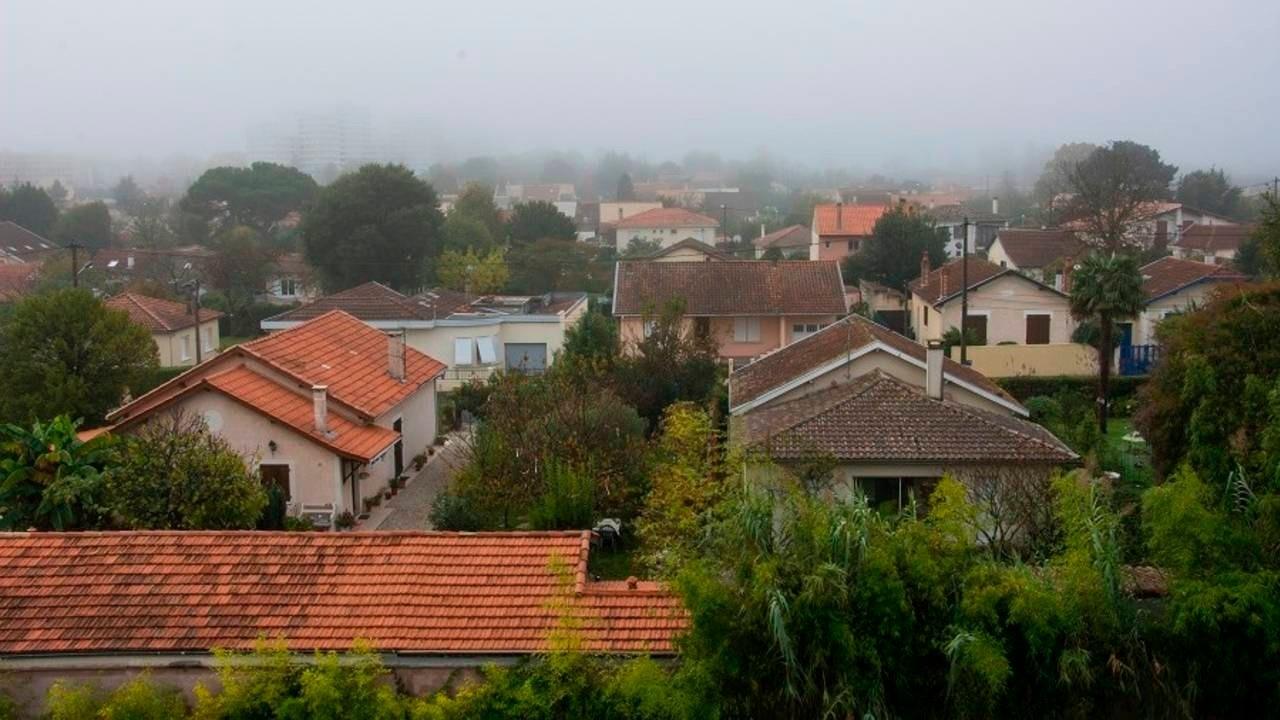
THE QUESTION
I own outright two properties, which are rented out; both are worth £85K and both yield 9.5%. I've owned them for four months they have been let for two months. I have no proof of income as I've just started doing this full time. Can I get a BTL mortgage for these properties at a competitive rate anywhere, or do I need to wait six months and go through TMW?
THE ANSWER
The wider issue here is that you can buy properties for cash, with all the advantages that brings, but you don’t want to then wait six months plus before you can repeat the process. If mortgage lenders (the ones that give you the best rates) require you to own the properties for six months before you can apply for a mortgage, you are missing out on potentially lucrative deals because your cash is trapped in these properties.
As you have bought two properties worth £85K each you already know that being a cash buyer allows you to close deals fast, to negotiate harder, to buy unmortgageable properties and probab...
How do you unlock funds for new property purchases?
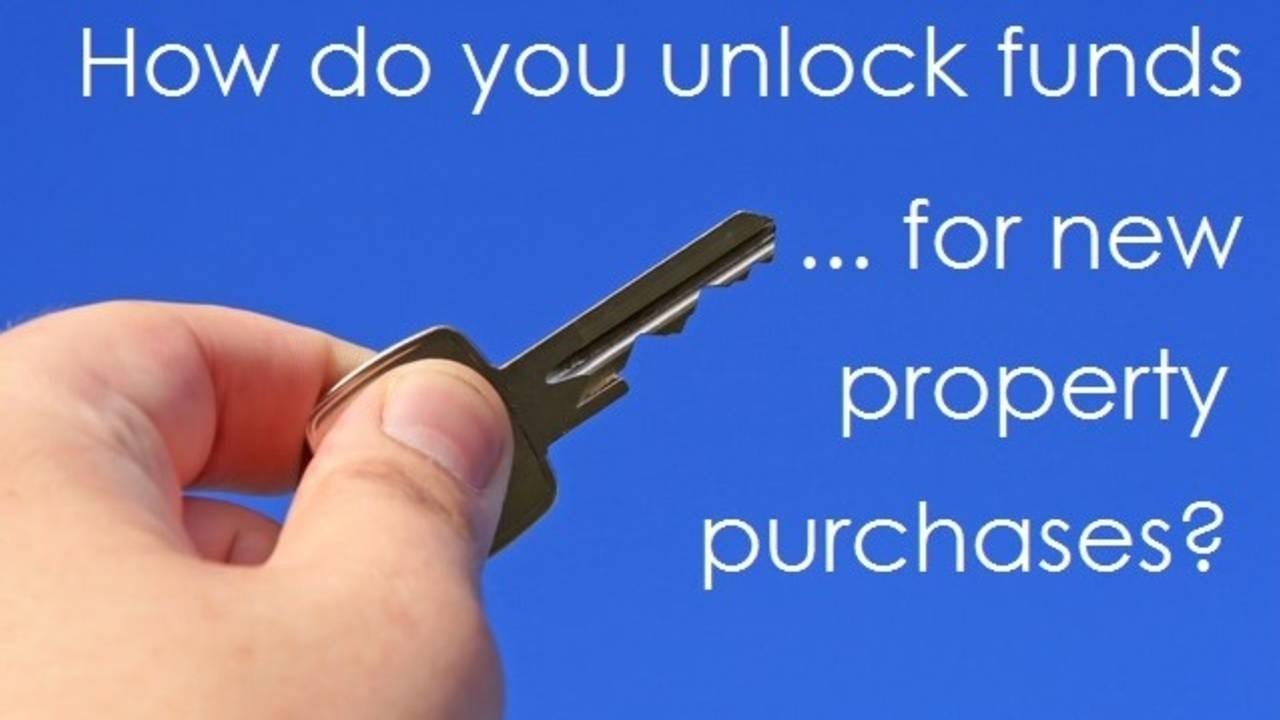
THE QUESTION
I have a BTL property owned for 3 months which has 2 years ERC on it so I don't want to remortgage, but can I use the property as a security to buy another refurb property. The property was originally purchased on a 75% LTV BTL mortgage, but has been re valued after refurb works and is now at 57% LTV.
Ideally I want to get on with buying and refurbing another property which would be a buy to sell; I have the finances for the refurb, but not the deposit. The properties I am looking at are low value ballpark PP 65-70k and the deposit I am looking for would keep the security property around 70%-75% LTV.
THE ANSWER
If you want a bridger to lend on a second charge basis they will go to 65%, less costs. So the most you will get is 8% less costs. Based on your figures, you won’t be able to release enough for the deposit.
However, there is another way to structure this. Use part of the money for the refurb for your deposit instead and then use a bridger that will lend for t...
BTL Mortgage - and convert to HMO?
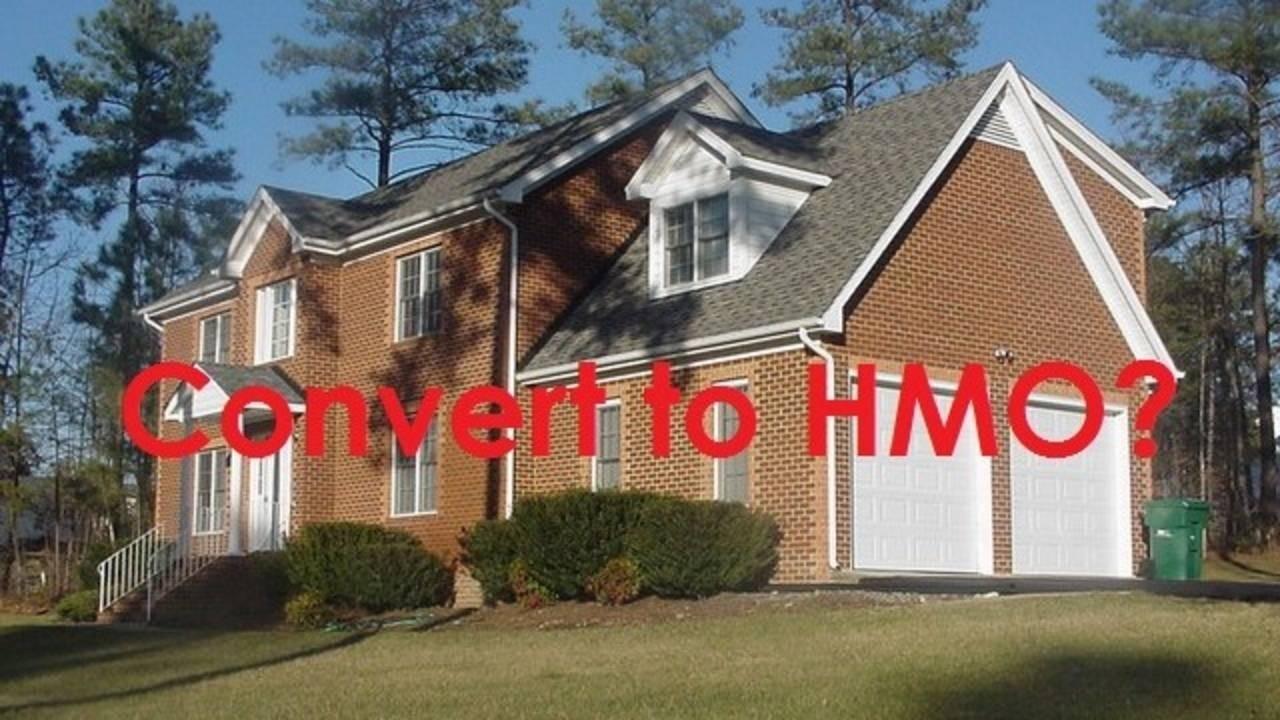
THE QUESTION
With regard to mortgages and HMOs if you buy a house using a BTL mortgage, with a no Early Repayment Charge can you then convert the property to an HMO and swap the mortgage over to an HMO mortgage?
THE ANSWER
Great strategy... if you want to get yourself blacklisted by No ERC mortgage lenders!
These lenders get really annoyed at being used as surrogate bridging lenders. They don't offer no ERC mortgages so borrowers can redeem them in 6 months; despite what is taught on property training programs. Looks like I am myth busting again!
If you doubt that, just give them a call and layout your proposal to them and see how keen they are to lend.
If they catch any borrower intentionally using them as a bridging loan, they blacklist them; and usually the broker who submitted the case. The only reason blacklisting is not more prevalent is that these lenders IT systems are not yet sophisticated enough to flag up serial early redeemers.
Every mortgage you take out is shown...
Buying at auction - but not completing

THE QUESTION
What happens if you don't complete on time when buying at auction?
THE ANSWER
When you bid for a property and your bid is accepted you have made a commitment to purchase; to all intents and purposes the property has been sold to you and you will have to pay a 10% deposit at the point of sale. If you fail to complete by deadline date, the vendors solicitor will give you a Notice to Complete; usually a further 10 days in which to complete the purchase. That is effectively your last warning, your yellow card.
You can be charged a daily rate of interest from the deadline day onwards, so the clock is now ticking and having a direct impact on your bank account!
At the expiry of that notice period the vendor can withdraw from the sale and retain your 10% deposit as you failed to perform. That is your red card.
The vendor retains the right to claim further costs from you, for instance, if they subsequently sell it for a lower price that you contracted to pay.
Most auctions...
Finance for a new build
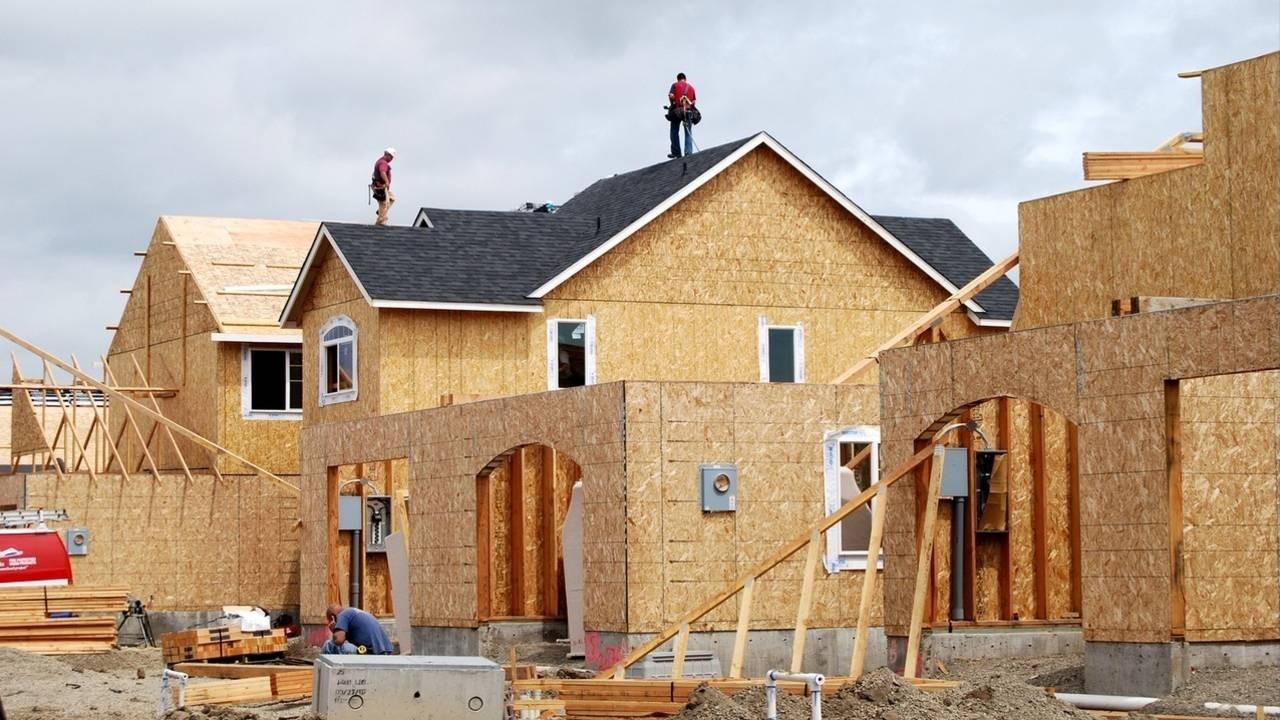
THE QUESTION
I want to get into building a brand new property, what type of finance is needed for this and how does it work?
THE ANSWER
New build projects require development finance and this is structured in a specific way. Pre-credit crunch this was freely available from the major banks, but they pulled out when the credit crunch hit, with disastrous consequences for many of their borrowers. They've never really got back into this area of lending again. The gap has been filled by small, specifically focused lenders who typically offer this type of finance and nothing else, although a few do offer bridging as well.
These lenders find it useful to erect barriers to entry that deter all but the strongest propositions for them to lend on. These barriers are:
- They require a high cash input from the borrower
- The borrower needs to have provable, relevant previous experience of a similar type of new build
High cash input
Your money is required up front; the lender will fund 100...
Buy with cash - and then mortgage

THE QUESTION
Can I remortgage a property immediately after cash purchase?
THE ANSWER
With regard to how and when you can remortgage, the method of purchase is irrelevant; buying with cash doesn't make any difference to the property's mortgageability. What is relevant is the lender's attitude to remortgaging a property recently bought.
Almost every BTL lender has a six month ownership restriction, preventing you from applying for a remortgage before you've owned the property for that period.
Commercial and specialist lenders don’t operate that restriction, so will accept applications at any time.
If you want to remortgage, irrespective of whether you bought for cash or not, it is quite simple; you use a lender that allows you to.
Another level of complexity enters the equation if your intention is to remortgage at a higher value than the purchase price paid. To do this almost certainly will require you to have improved the condition of the property since purchase in ways tha...
Is it better to buy-to-let or buy, do up and sell?

THE QUESTION
Is it better to buy-to-let or buy, than refurb and sell?
THE ANSWER
Neither is better, they're just different strategies.
Buying-to-sell (BTS) gives you a significant cash lump sum (if you do it right) within months.
Buy-to-Let (BTL) gives you a much smaller monthly profit (if you do it right) for years to come, with the bonus of potential capital growth (depending on where you buy).
- Some people focus on BTS because their current circumstances mean they are not mortgageable. That prevents them using the BTL strategy, up to the point where their profits establish a sufficient credit record and they become mortgageable
- Some people choose to BTS properties that need no work doing to them, but can be sold at a profit on the purchase price paid.
- Some people choose BTL on properties they do up because they can increase the value, get a mortgage against the higher value and have relatively little of their own cash left in the deal.
- Some people choose to use a combinati ...
What will a bridging loan cost?
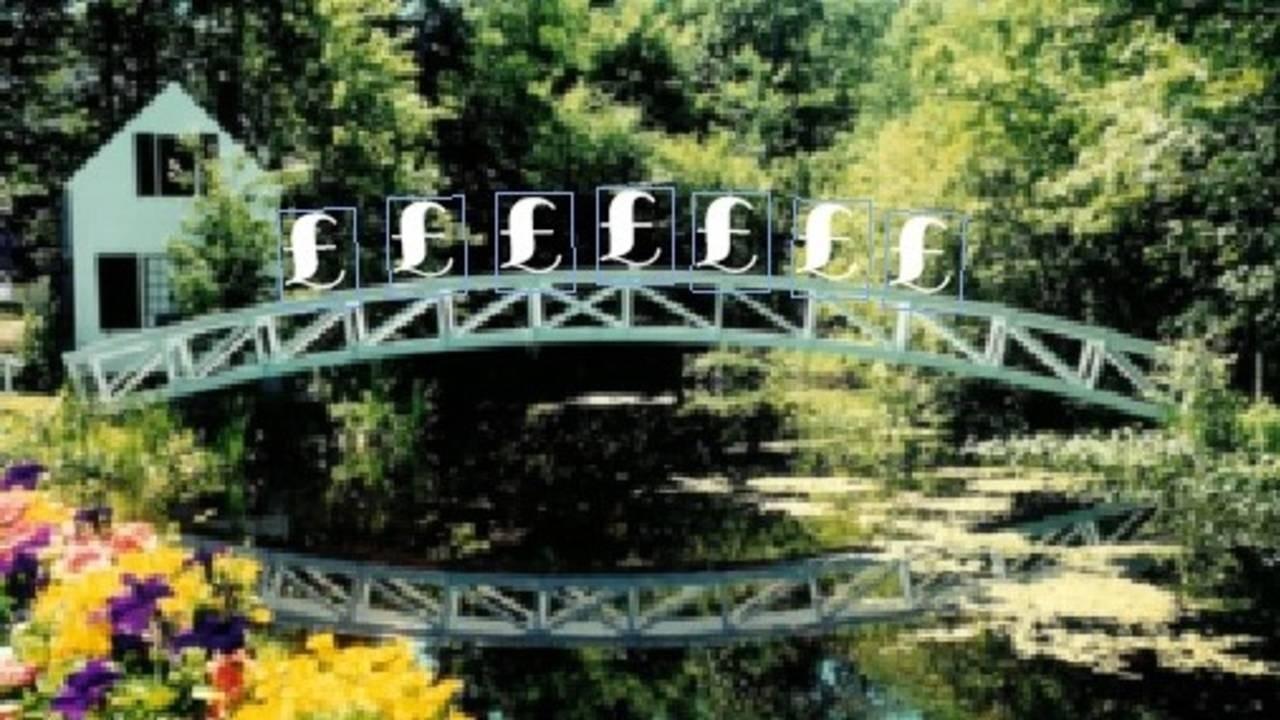
THE QUESTION
I am considering the use of a bridging loan and would like to know:
- What are the typical fees?
- Over what time period can you get a loan?
- How quick is the approval process?
- Who provides the most competitive rates and lowest fees?
THE ANSWER
There are a number of bridging lenders and the criteria vary from lender to lender depending on your particular circumstances and the questions you ask. It is a bit like asking:
- How much does a car cost?
- What is the size of the engine?
- How fuel efficient is it?
... and so on
Of course, the answers will depend on what model of car you buy. So the answer to your bridging finance questions depend on the property you want to buy, what you intend to do with it and your current situation. There are a few basic facts that will give you a ballpark view:
- Almost every bridger charges a set-up fee, often 2%, but not always.
- Monthly fees vary for a host of different reasons - location, property type, size of loan to name a ...
How to finance the purchase AND refurb

THE QUESTION
Does bridging lend enough to cover the purchase price and the refurb cost? If not then surely you would have to put money in. Or would you have to buy BMV and borrow % of the market value instead of purchase price?
THE ANSWER
Most bridgers lend 70% of the purchase price, but a handful lend 70% of value. This is great if you are buying BMV, as you can use the discount towards your deposit, but to buy NMD you would need a discount of 30% +.
You would still need to pay for the refurb although some bridgers will lend you money to cover that too, but it is in staged payments in arrears, so you would still need some cash. It may be possible for you to borrow the reduced amount of cash you need privately and bridge the rest.
For example: I brokered a deal last year where the asking price was £350k, a £250k offer was accepted, which meant the bridger lent 95% of purchase price. The refurb cost was £50k, the borrower spent £25k of their own cash then the bridger lent another £...




